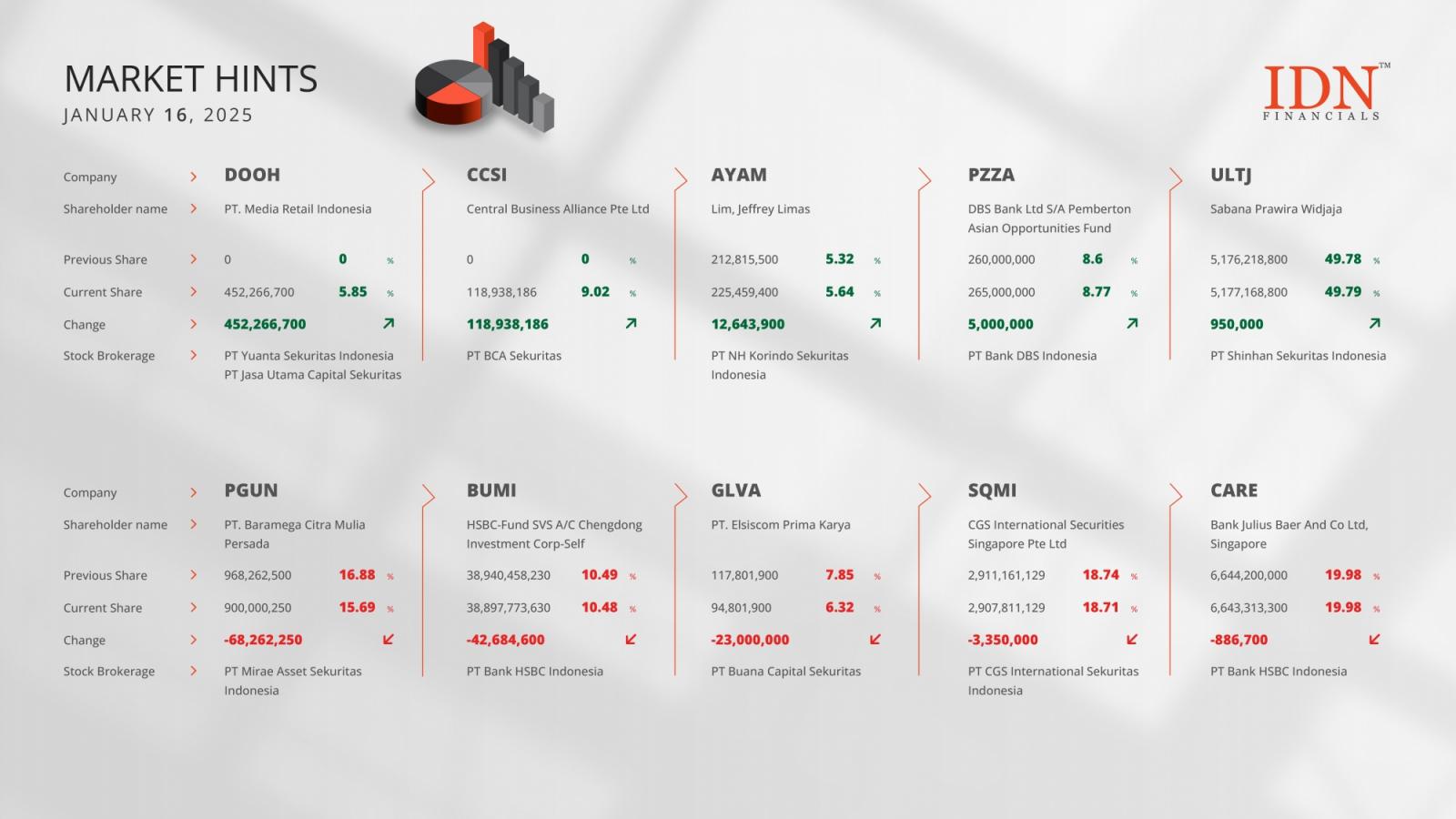Binance has terminated cash payments for peer-to-peer (P2P) cryptocurrency trades in India, a move intended to bolster compliance and align with regulatory standards.
This decision comes as the exchange seeks to establish greater legitimacy in the Indian market despite the previous flexibility that allowed traders to settle transactions using physical cash or bank deposits.
Binance’s Sudden End Of Service in India
Binance, a leading global cryptocurrency exchange, has stopped allowing cash payments in India for peer-to-peer (P2P) cryptocurrency trades. This change affects a popular method where traders could settle transactions using physical cash or by depositing cash into a bank account, alongside standard payment options such as online fund transfers and UPI.
Previously, local traders could leverage Binance’s escrow service to post buy or sell orders on the platform and complete transactions using various payment methods, including cash. This flexibility was particularly advantageous for circumventing the high taxes imposed by New Delhi on crypto trades.
The decision to end the cash payment option is part of Binance’s broader strategy to enhance compliance and gain legitimacy in the Indian market, which has seen increasing regulatory scrutiny.
While non-cash rupee payment methods remain available for P2P trades, removing the cash option represents a significant shift in Binance’s operational approach in India.
Interestingly, Binance continues to allow cash payments for P2P trades in UAE dirhams (AED). This enables the exchange to match buyers and sellers in Dubai and facilitate payment settlements in AED cash.
In Dubai, where the interchangeability of cash and cryptocurrencies is more fluid, the city is positioning itself as a burgeoning cryptocurrency hub. Some developers even accept cryptocurrencies for payments.
Purushottam Anand, founder of Crypto Legal, a blockchain and crypto-focused law firm based in Bengaluru, highlighted the risks associated with P2P cash transactions.
“These transactions expose parties to serious physical and financial risks. There have been incidents where traders were assaulted and forced to transfer their virtual assets or hand over cash during physical meetings. The regulatory uncertainty regarding the legality of such cash transactions, especially for amounts exceeding ₹2 lakh, deters victims from filing complaints, making them vulnerable to fraud,” Anand explained.
Despite this, it was claimed that Binance was not technically violating Indian laws, as it acted as a third party providing escrow services for cryptocurrency transfers, which are not legally recognized as tender in India.
Binance Moves To Enter The Indian Market Again
Binance was considering re-entering the Indian market after being banned in late 2023, with a potential penalty of about $2 million.
🇮🇳 Binance and KuCoin have received approval from India's anti-money laundering unit after the two exchanges were banned.#Binance #Indiahttps://t.co/I3y6plkG62
— Cryptonews.com (@ ) May 10, 2024
On May 10, the Financial Intelligence Unit of India (FIU-IND) announced that Binance and KuCoin had successfully registered with the regulatory body, marking a significant credibility shift for the cryptocurrency industry in India.
This move follows a prior ban on offshore entities, including Binance, KuCoin, Huobi, and Kraken, which negatively impacted the local crypto industry and shifted trading volumes to international exchanges.
With KuCoin resuming operations after paying a penalty and Binance expected to settle a $2 million fine, other sanctioned platforms are negotiating their return, while OKX and Bitstamp plan to exit the Indian market.
Before its ban, Binance dominated India’s crypto market, holding nearly 90% of the estimated $4 billion cryptocurrency holdings among Indian citizens. This was largely due to its non-adherence to Indian tax regulations. Specifically, the 1% tax is deducted at the source (TDS) on transactions.





